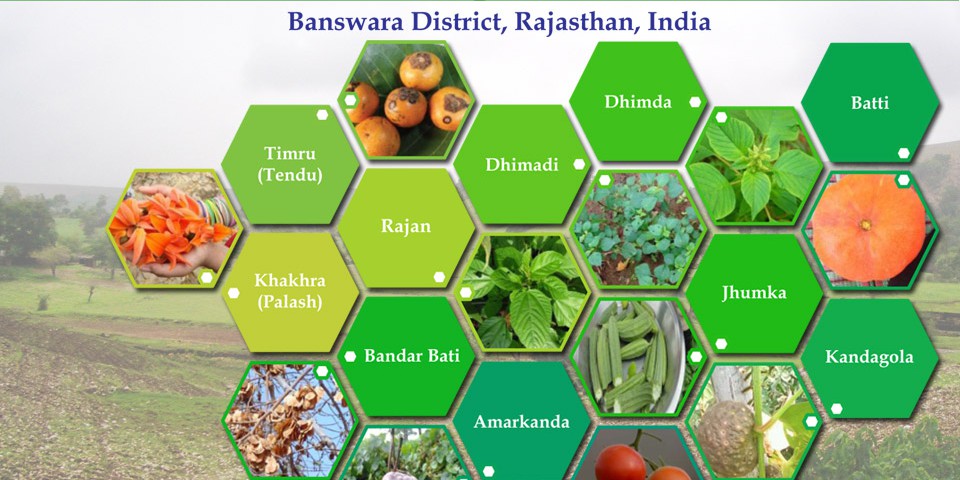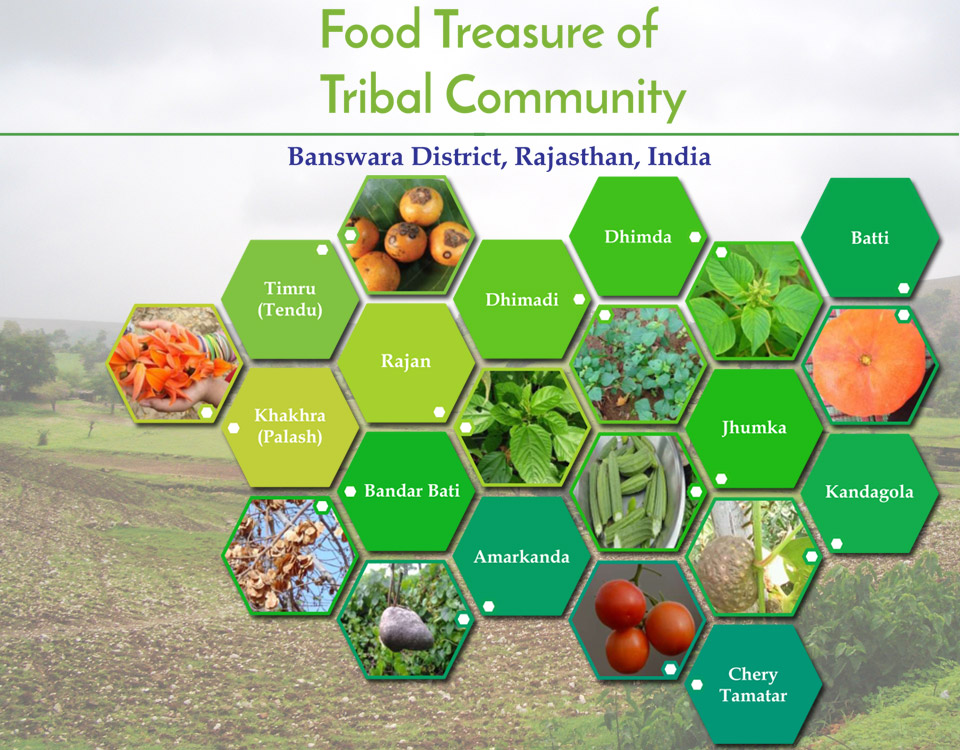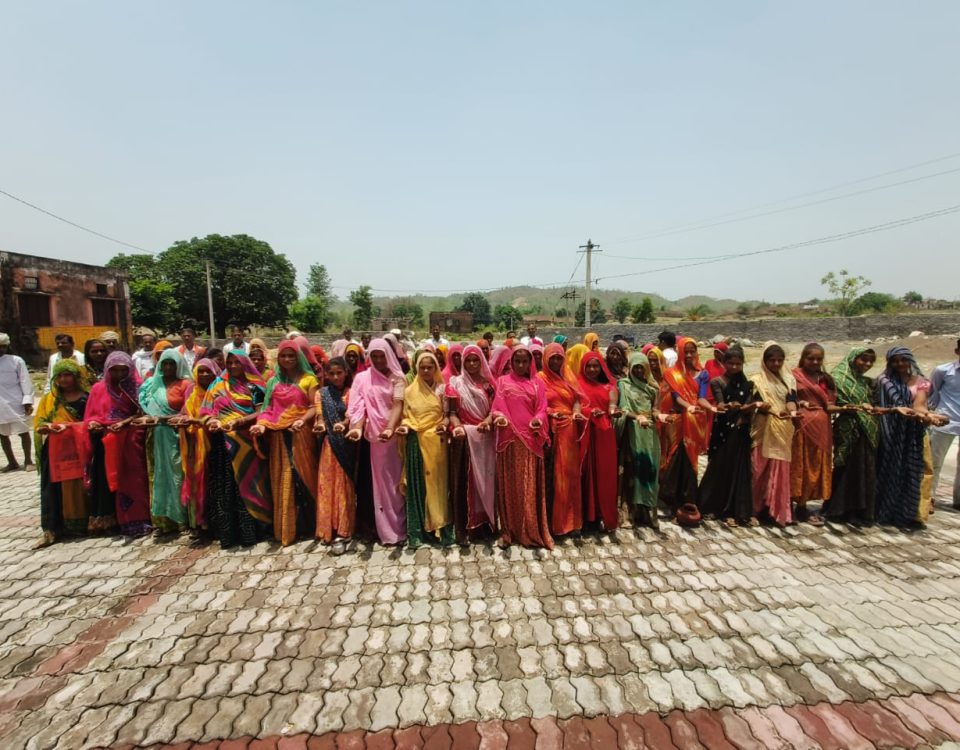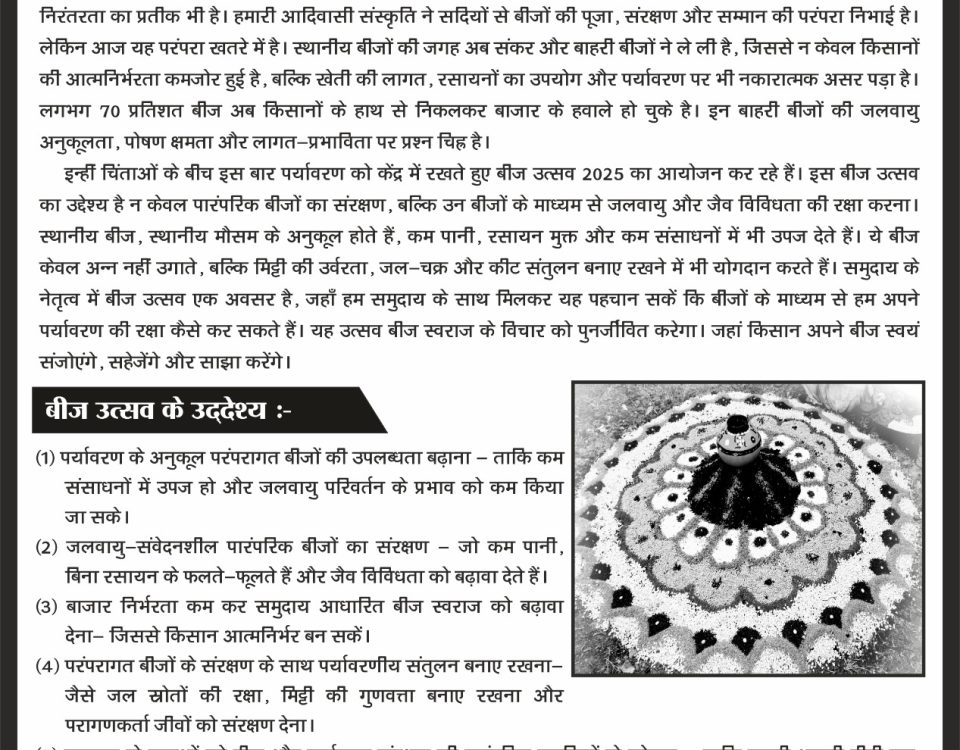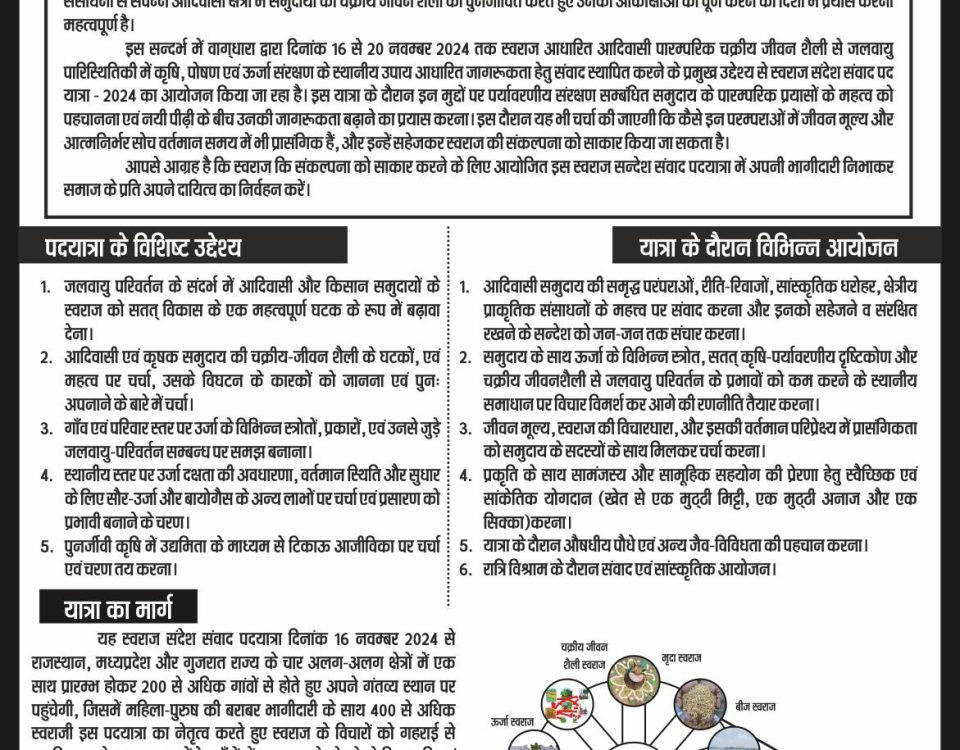
Vaagdhara represents Banswara in the �Sustainable lifestyles, livelihoods and the circular economy� conference
July 9, 2017
Vaagad Community Radio 90.8FM is Live Now for Listeners
August 2, 2017From July 9th– 13th 2017, the ANH Academy and the Innovation Lab for Nutrition invited the global community to participate in the event and sharing of learning on Agri-Health Research specifically in the areas of Dietary Transitions, Food Policy/Price, Food Supply/Production, Climate and Environmental Change, Household Food Production, Gender/Equity and Program Evaluation.
During this international event, VAAGDHARA got the opportunity to participate and present the Participatory Learning and Action (PLA) approach for Nutrition Sensitive Farming System among tribal families in India, with the support of Leveraging Agriculture for Nutrition in South-Asia (LANSA). In the year 2016, VAAGDHARA initiated a research study in partnership with LANSA with the aim of identifying food diversity among the tribal and to bring together the indigenous knowledge and practices to promote Nutrition Sensitive Farming System.
VAAGDHARA realized that the global community is increasingly looking towards finding means of sustainable nutrition for the growing population, and such means should be found in the local communities as well. Understanding several issues that the tribal farmers of Banswara district in Rajasthan face - like hunger, starvation deaths, drought, and distress migration, VAAGDHARA took necessary steps to help these tribal communities get back to farming and achieve food security.
VAAGDHARA has long been promoting family and community based agro-ecological models of food production to help restore the crop biodiversity in the South Rajasthan region.
As a part of the research, in the malnutrition affected Banswara district, India, food sovereignty march and focus group discussions were conducted with adult members of Bhil community. This helped in the identification of traditional indigenous foods that were slowly disappearing from their daily diet. Study of nutritive values and quantitative estimation of nutritive value of some of the food items were conducted and collected from Indian food composition database. More than 100 food items of indigenous origin were identified, many of which were rich sources of micronutrients like calcium, iron, vitamin A, and folic acid. VAAGDHARA believes that including indigenous foods into routine diets can address malnutrition in the tribal communities. The Research study will be published soon for knowledge sharing with the larger group for further information and action.
Subscribe to our newsletter!


